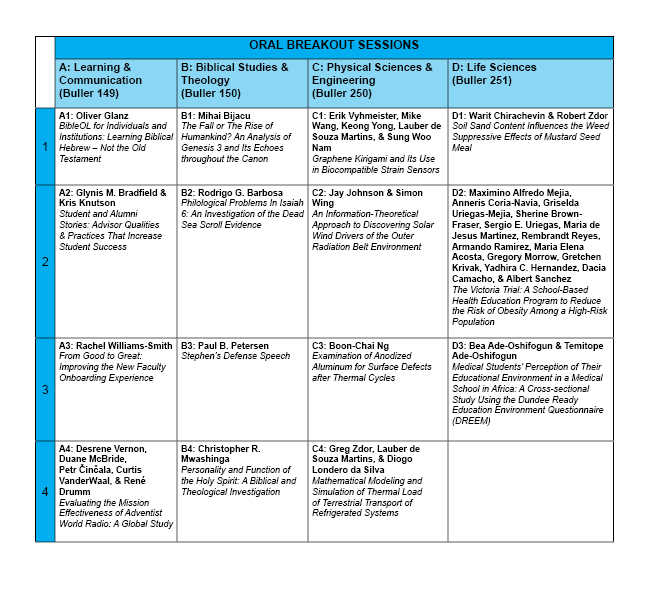D-1 Soil Sand Content Influences the Weed Suppressive Effects of Mustard Seed Meal
Presenter Status
Student, Biology department
Second Presenter Status
Professor of Biology, Biology Department
Preferred Session
Oral Session
Start Date
4-11-2016 3:00 PM
End Date
4-11-2016 3:15 PM
Presentation Abstract
The use of mustard seed meal (MSM) as a biofumigant in managing weeds in agricultural settings has been well documented. However it has been suggested that soil types may differ in their ability to foster the deleterious effects of the meal on undesirable plants. Work with MSM in altering velvetleaf seedling soil growth has shown that certain soils were better suited for weed suppression than other soils. The most effective soils had elevated levels of sand in comparison to less effective soils. The hypothesis that soil sand content influences the effect of MSM on velvetleaf growth was tested by adding sand in varying amounts to a silt loam soil where velvetleaf seedlings were grown short-term. The resulting pattern of growth was consistent with the hypothesis that increased sand levels correlated with decreased weed growth. Possible mechanisms of the effect of sand on MSM effectiveness will be discussed.
D-1 Soil Sand Content Influences the Weed Suppressive Effects of Mustard Seed Meal
The use of mustard seed meal (MSM) as a biofumigant in managing weeds in agricultural settings has been well documented. However it has been suggested that soil types may differ in their ability to foster the deleterious effects of the meal on undesirable plants. Work with MSM in altering velvetleaf seedling soil growth has shown that certain soils were better suited for weed suppression than other soils. The most effective soils had elevated levels of sand in comparison to less effective soils. The hypothesis that soil sand content influences the effect of MSM on velvetleaf growth was tested by adding sand in varying amounts to a silt loam soil where velvetleaf seedlings were grown short-term. The resulting pattern of growth was consistent with the hypothesis that increased sand levels correlated with decreased weed growth. Possible mechanisms of the effect of sand on MSM effectiveness will be discussed.




Acknowledgments
Supported by a grant from the Office of Research and Creative Scholarship